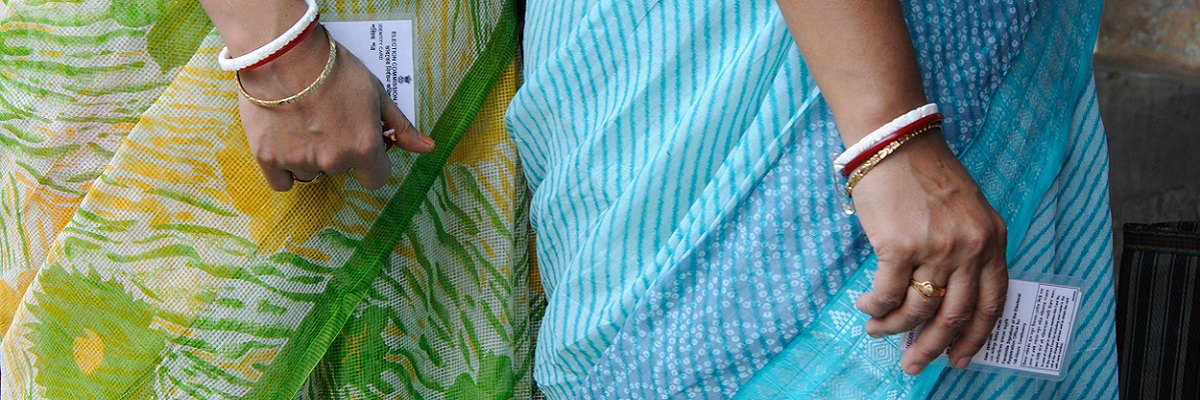CRL’s rich and diverse collections have supported Wendy Singer’s research and teaching for most of her academic career at Kenyon College. Singer, the Roy T. Wortman Distinguished Professor of History, requires access to specialized resources not readily acquired by libraries at liberal arts schools. She recalls first receiving a loan of 1930s bound volumes of The Times of India from CRL, soon after Kenyon joined the CRL community: “It was so exciting to sit at a table in the Kenyon College library and look through these newspapers, saving me time and energy [of traveling to distant research libraries], but also making me feel less isolated as a scholar. The implications were much greater than the specific material requisitioned. What CRL provided was the fuel and depth of resources that let me maintain connections to the field of South Asian studies.”
News accounts of the 1937 elections gave Singer insights into the unique Indian tradition of establishing separate electoral constituencies for women, explored in her monograph A Constituency Suitable for Ladies and Other Social Histories of Indian Elections (2007). Later, a former staff member of the Library of Congress Field Office in New Delhi told Singer about CRL’s holdings of legislative assembly debates from the eastern India state of Bihar. The 80 pamphlets in Hindi and English that CRL rush cataloged and shipped off in cartons to Singer formed the basis for a conference presentation and an article.
Legislative assembly debates were once again a key jumping off point for Singer’s more recent research. Exploring the origins of “reservations”—positions set aside for under-represented groups in government jobs, education, and in legislatures—she sought the origins of this practice in legislative debate records from Madras, also held by CRL. Her findings led to a Fulbright research grant in India. Thanks to CRL she felt well-prepared and able to target her research on site, consulting local archival materials such as municipal council records. This work has led to articles and an essay, “Rethinking the Women’s Bill: Claims for a ‘Level Playing Field.’”
Singer also directs her students to primary sources from CRL; recent senior thesis topics include a history of All India Radio, Muslim education in India, and language debates in Madras.
